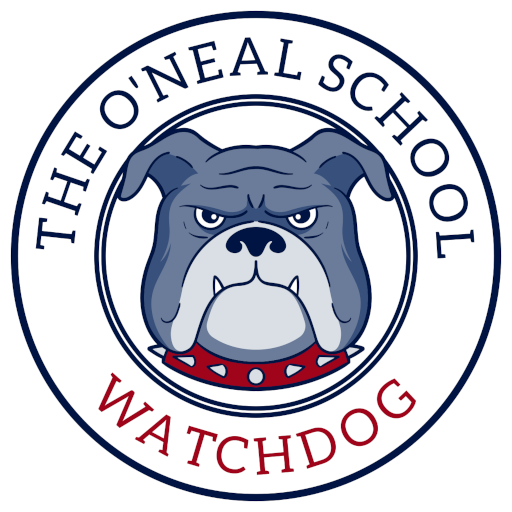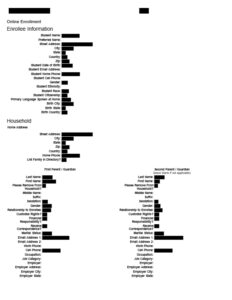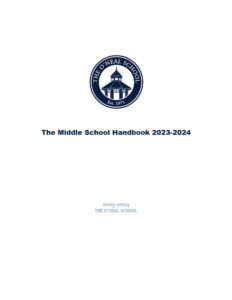Where Are the Protections to Keep Children’s Records Safe?

What if your child’s most sensitive information, including medical and academic records, was accessible without any guarantee of privacy? Unfortunately, this frightening reality may be true for students and families who attend The O’Neal School.
North Carolina’s Department of Administration oversees non-public education, including private schools. This organization states that each non-public school should establish its own policies concerning the release of student records and that the laws do not address record keeping requirements. However, after an extensive review, we found no written assurance that the information maintained at O’Neal about students will be kept confidential. Here are some of the places we looked:
- Enrollment Agreement: The agreement details the terms and conditions for enrollment but does not include any clauses regarding the privacy of student information.
- Middle School Handbook: While the handbook provides guidelines for student behavior, academic expectations, and general school policies, it only specifies that counseling sessions are considered confidential. There is no mention of the confidentiality of other student records.
- Privacy Policy on the Website: The policy primarily addresses the collection and use of information from the website and does not extend to the protection of student records within the school.
- Board Code of Conduct: This code emphasizes confidentiality for board members but does not address how the overall administration of the school handles student data.
The Family Educational Rights and Privacy Act (FERPA) is a federal law established by the United States Department of Education to protect the privacy of student education records. FERPA grants parents certain rights regarding their children’s records, including the right to access, amend, and control the disclosure of this information. However, FERPA does not apply to private schools unless they receive federal funding, which means these protections do not extend to students at The O’Neal School. According to FERPA guidelines:
“FERPA applies to all schools that receive funding under any program administered by the Department. Private and faith-based schools at the elementary and secondary levels generally do not receive such funding and are, therefore, generally not subject to FERPA.”
Similarly, the Health Insurance Portability and Accountability Act (HIPAA) provides data privacy and security provisions for safeguarding medical information. According to the U.S. Department of Health & Human Services, HIPAA does not normally apply to elementary or secondary schools because they are either not HIPAA-covered entities or they maintain health information only in student education records, which are protected by FERPA. Even if a school employs healthcare providers, they are not subject to HIPAA unless they engage in certain electronic transactions, such as billing health plans.
Can anyone from the community provide documentation showcasing the rights to student confidentiality at this school? If such policies exist, why have they not been made readily available to parents to prevent misuse and protect their children? Without written guidelines, it is impossible to know who in the administration, faculty, or other parties at the school have access to this sensitive information.
The fact that a board member can exploit school records to defame a former student exposes a clear vulnerability in the oversight and protection of privacy. It underscores the critical need for stronger measures to safeguard student information and ensure accountability among those entrusted with its care.


